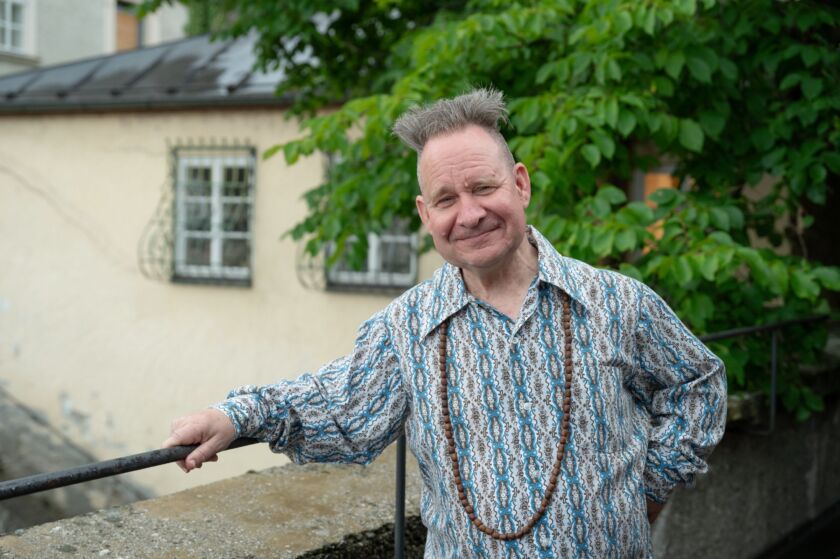About the production: The Gambler

The Gambler by Sergey Prokofiev is among the less familiar operas in the repertoire. The work was created during a fascinating and turbulent period, and its world premiere kept getting postponed.
Peter Sellars, as a director, how do you relate to the changeful genesis of this opera?
Prokofiev’s life is heartbreaking. He is a very positive, kind, generous figure in a world which is very oppositional. Prokofiev started writing The Gambler in 1915, when he was only 24. The libretto was crafted by Prokofiev himself after a novel by Dostoyevsky. Only direct quotations from the novel are allowed in the libretto.
The piece has the energy of a new generation arriving and saying: “We are creating the musical language of a new world.” It has a new way of understanding everything with high energy, super intense, explosive power in the orchestra. But Prokofiev envisioned an avant-garde showpiece that never occurred: the Russian Revolution meant that everything was cancelled, and Prokofiev went to America for a while.
In 1927, ten years after completing the original version, Prokofiev revised The Gambler, hoping for a premiere in St. Petersburg. The score is incredibly rich, with very nuanced, very detailed, finely imagined musical moments. You get this combination of a young, blazing, urgent message, and at the same time something carefully crafted across decades. Part of the strange history of this opera involves a near-premiere in Brussels, finally in 1929, in French. But Prokofiev was never satisfied, as the music was tailored to his mother tongue. The Russian premiere was finally given in Moscow 20 years after Prokofiev died.
What relevance does The Gambler have for us today?
Is there anything in our life now that is not gambling? Everything feels totally urgent, and at the same time, you don’t feel you have a grasp on any of it. The Gambler is strangely so fresh, so alive, and so deeply in touch with our central nervous system at the moment. We are living in a time of fortunes being won and lost in seconds; in the age of billionaires, in the age of an accumulation of capital unimaginable in previous human history. This opera was written on the eve of the Russian Revolution, and at the same time, it carries the reality of collapse happening quickly afterwards. This piece exists on this edge between the two. To put that on stage right now is a responsibility and a necessity.
Interview: Antonio Cuenca Ruiz
Translation: Alexa Nieschlag
First published in the Festival insert of Salzburger Nachrichten 2024
